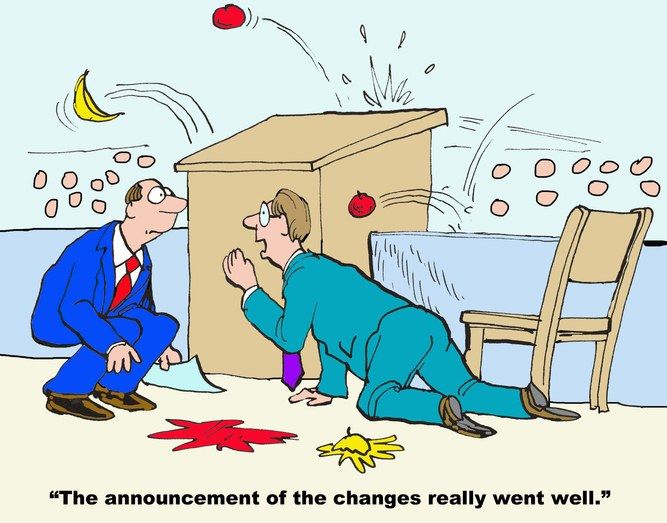In this episode of PsyberSpace, we discuss the critical skills needed to manage change in the workplace, explore the psychological reasons behind resistance to change, and examine how different leadership styles can impact change initiatives. The episode also covers the importance of cross-functional collaboration, managing change across different generations, and overcoming resistance. Leslie emphasizes ethical considerations and the need for empathy, communication, and understanding to create successful and inclusive change processes.
00:00 Introduction to PsyberSpace
00:34 The Importance of Change Management
01:29 Understanding Human Resistance to Change
03:24 Leadership Styles and Change Management
06:55 Managing Change Without Formal Authority
10:16 Fostering Collaboration During Change
13:53 Cross-Generational Change Management
17:00 Overcoming Resistance to Change
20:01 Ethical Considerations in Change Management
24:22 Conclusion and Final Thoughts
Coming in October: Companion post to this episode on Forbes.
image credit: Andrew Genn
References
Bear, J. B., & Glick, P. (2017). Breadwinner bonus and caregiver penalty in workplace rewards for men and women. Social Psychological and Personality Science, 8(7), 780-788. https://doi.org/10.1177/1948550616683016
Burnes, B. (2011). Introduction: Why does change fail, and what can we do about it? Journal of Change Management, 11(4), 445-450. https://doi.org/10.1080/14697017.2011.630507
Deloitte. (2021). The Deloitte Global 2021 Millennial and Gen Z Survey. https://www2.deloitte.com/global/en/pages/about-deloitte/articles/millennialsurvey.html
Edmondson, A. (1999). Psychological safety and learning behavior in work teams. Administrative Science Quarterly, 44(2), 350-383. https://doi.org/10.2307/2666999
Goleman, D. (2000). Leadership that gets results. Harvard Business Review, 78(2), 78-90.
Hughes, M. (2011). Do 70 per cent of all organizational change initiatives really fail? Journal of Change Management, 11(4), 451-464. https://doi.org/10.1080/14697017.2011.630506
Kotter, J. P. (1995). Leading change: Why transformation efforts fail. Harvard Business Review, 73(2), 59-67.
Mintzberg, H. (1983). Power in and around organizations. Prentice-Hall.
Norton, M. I., Mochon, D., & Ariely, D. (2012). The IKEA effect: When labor leads to love. Journal of Consumer Psychology, 22(3), 453-460. https://doi.org/10.1016/j.jcps.2011.08.002
Project Management Institute. (2013). Managing change in organizations: A practice guide. Project Management Institute, Inc.
Rafferty, A. E., Jimmieson, N. L., & Armenakis, A. A. (2013). Change readiness: A multilevel review. Journal of Management, 39(1), 110-135. https://doi.org/10.1177/0149206312457417
Southwest Airlines. (2020). Southwest Airlines 2019 Annual Report to Shareholders. http://investors.southwest.com/~/media/Files/S/Southwest-IR/documents/company-reports-ar/2019-ar.pdf













0 Comments